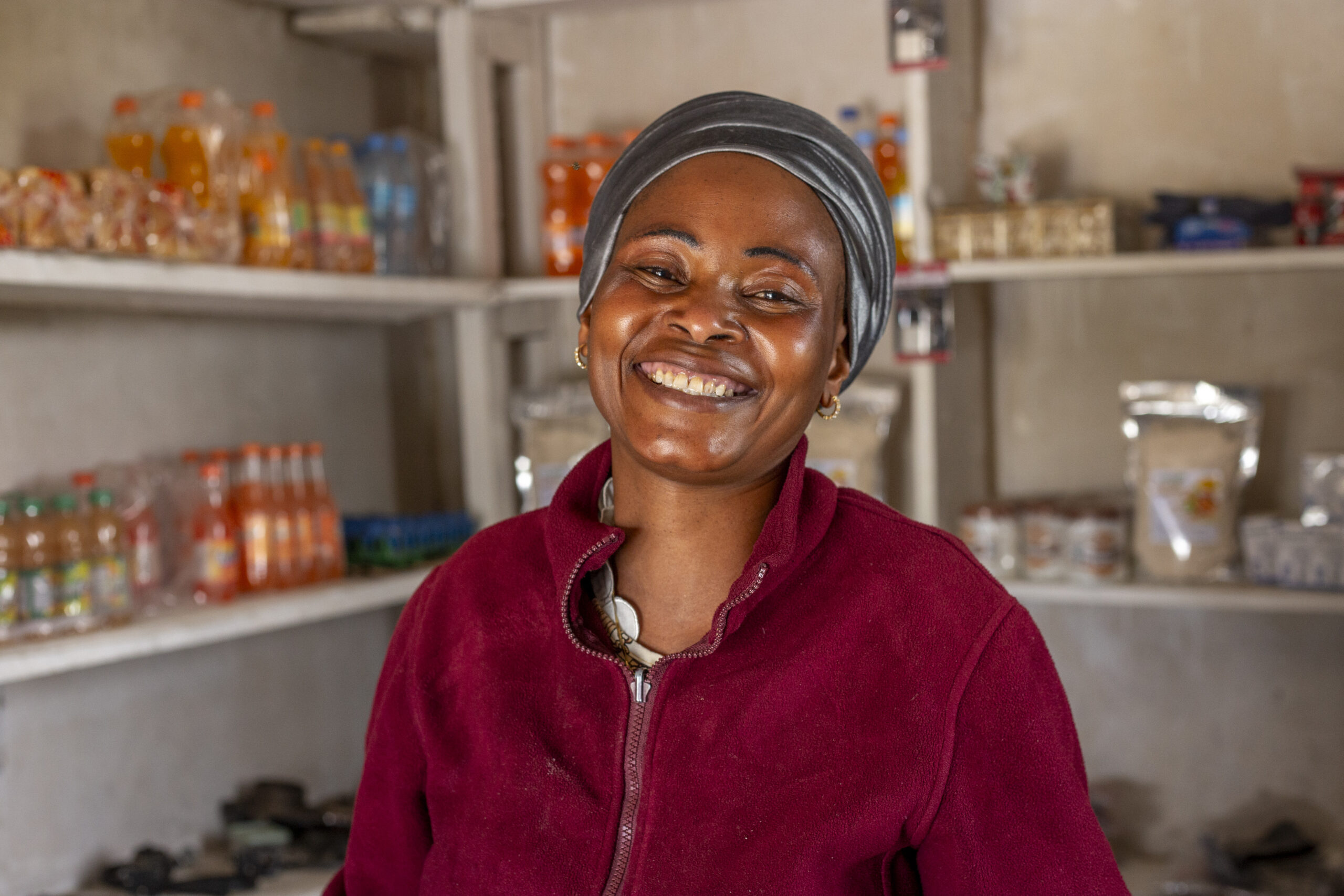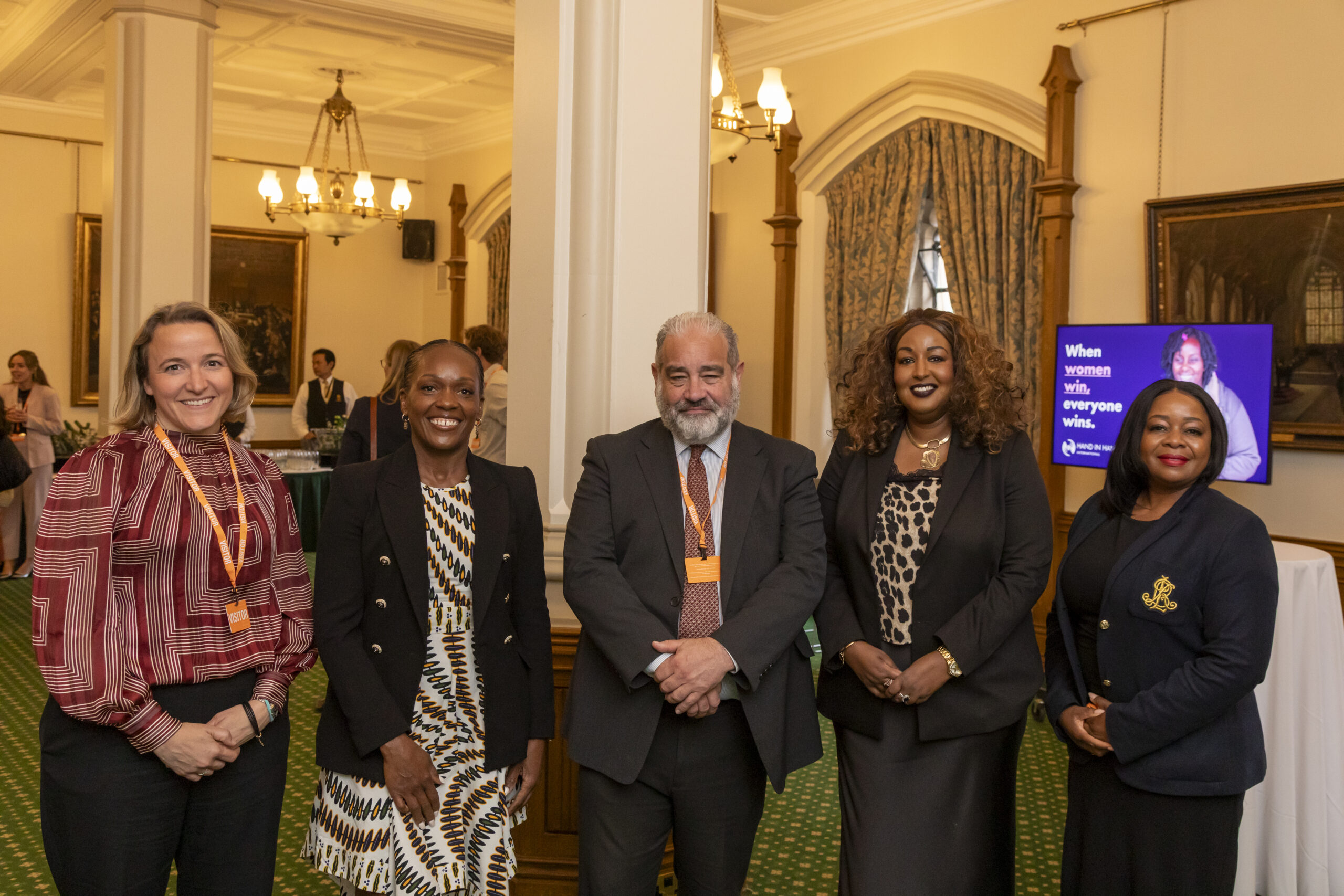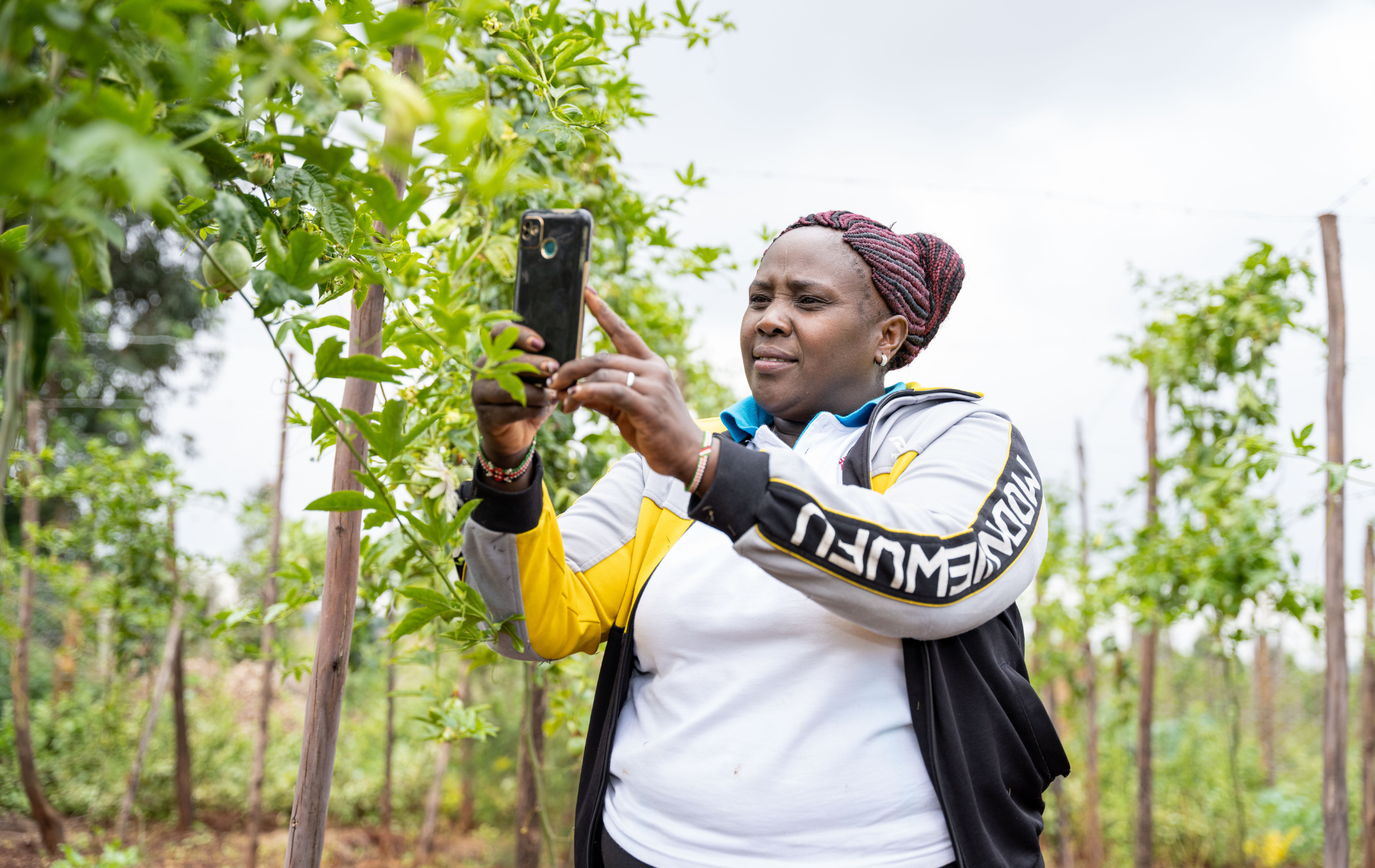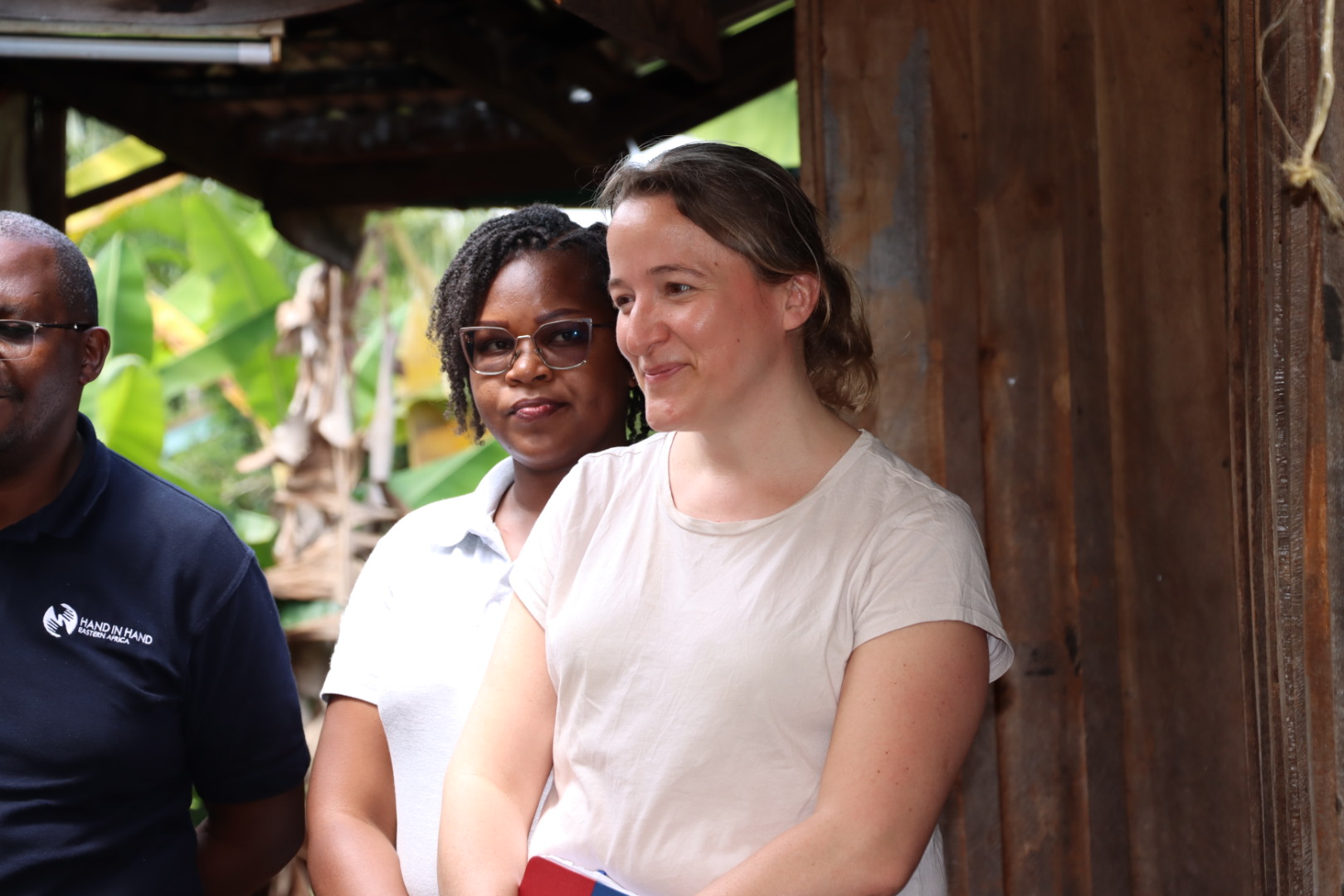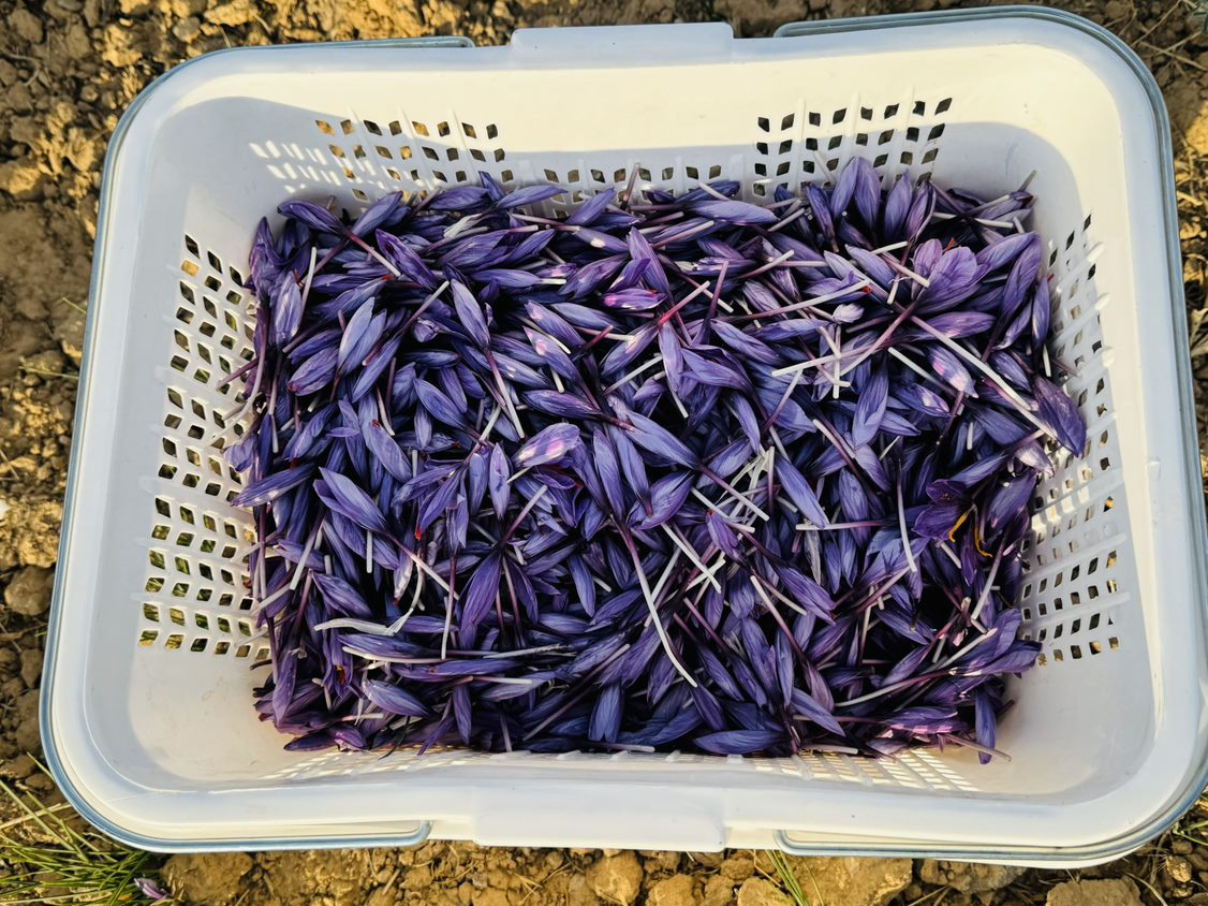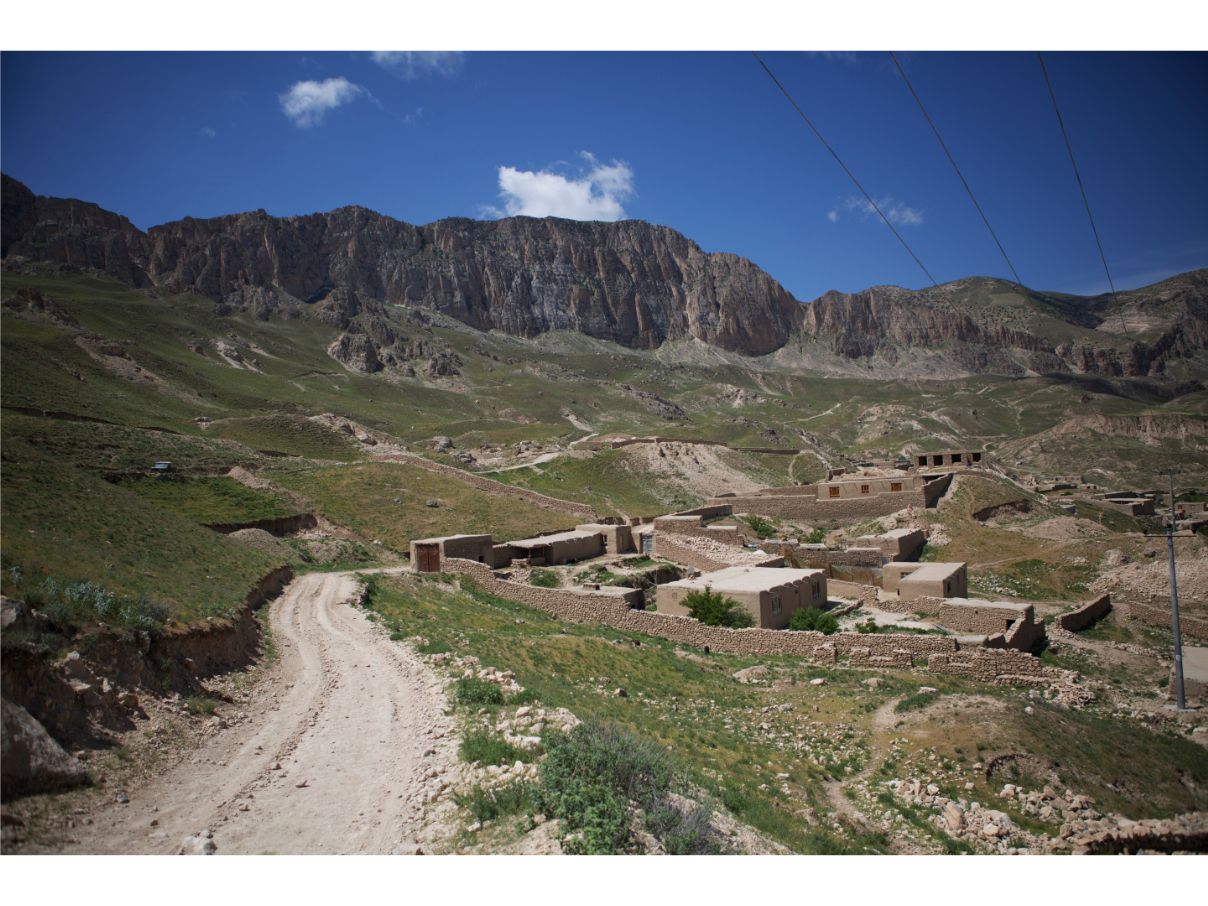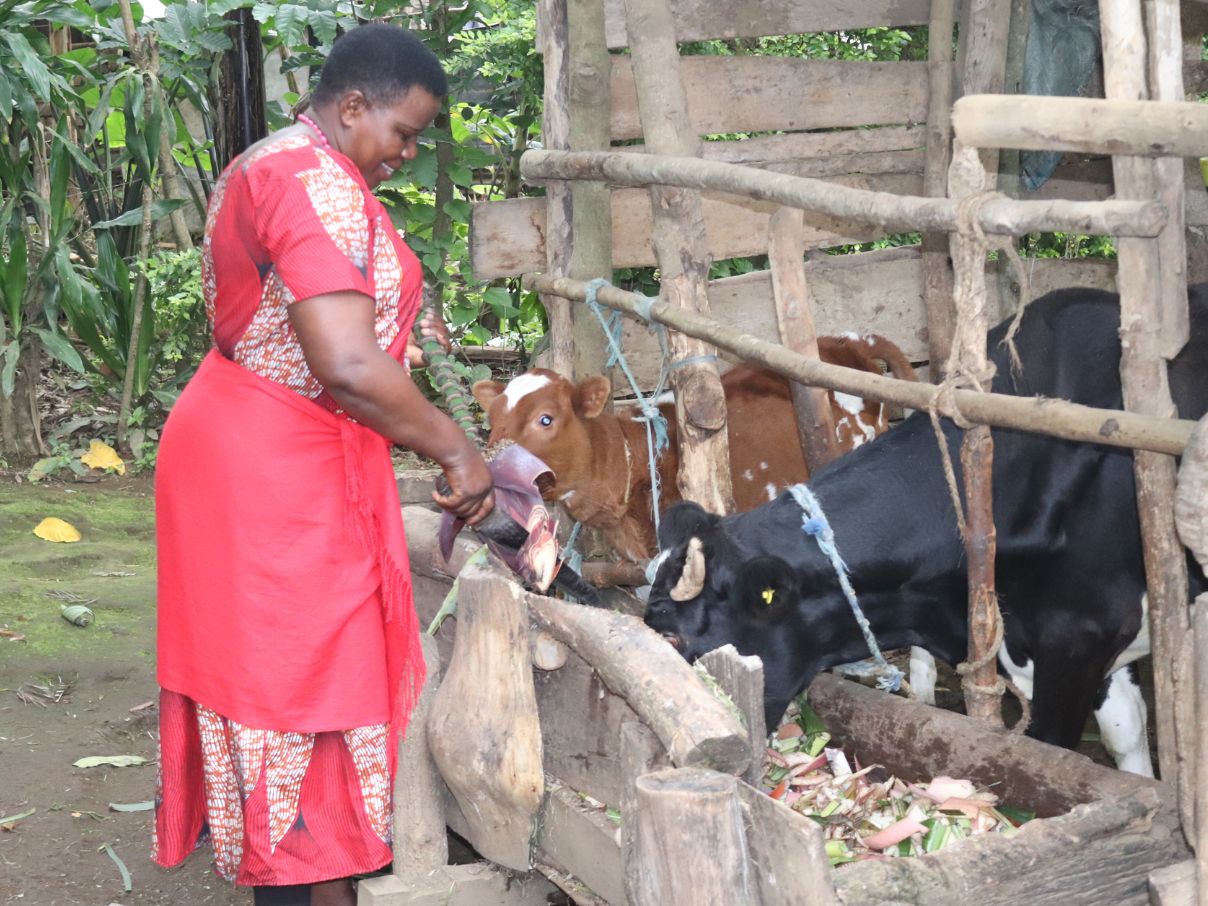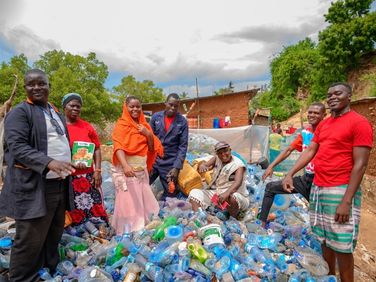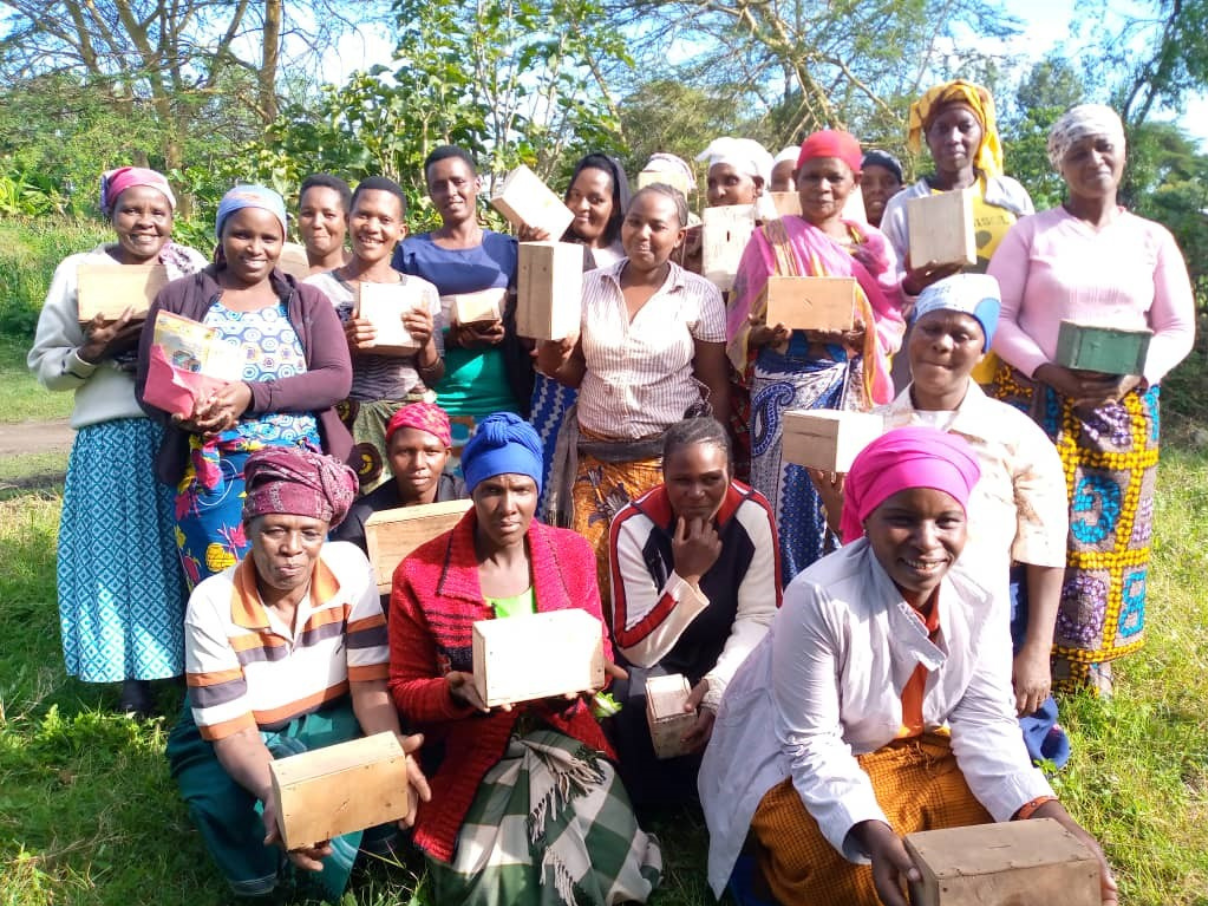Hand in Hand International’s Annual Impact Report is a snapshot of the difference we’ve made for women entrepreneurs over the past financial year – made possible by the generous support of our partners and funders.
Last year, we continued to demonstrate why women’s economic empowerment is vital to tackling poverty. When women can earn and control their own incomes, they lift their families out of poverty and ignite local economies
At the heart of our what we do is our locally-led approach – our network is a model built on the belief that communities themselves hold the keys to their own growth. Because each one our network partners is fully independent, they can go where the need is greatest – quickly embedding in the communities they serve.
Key achievements:
-
- Expanded reach: New branches opened in Kunduz, Afghanistan and Singida, Tanzania, meaning we now operate in five provinces in Afghanistan, 30 in Kenya, and six in Tanzania.
- 1.3 million jobs created across our global network, bringing our cumulative total to 11,390,476 jobs since inception.
- 80% of women we work with have the power to make decisions about the things that affect their lives.*
- 40% of programme participants report being able to withstand a financial shock without borrowing money or selling assets.*
- Entrepreneurs trained by Hand in Hand saw an average increase in net profit of 121%.*
- To date, we have reached 39,700 smallholder farmers across Kenya and Tanzania with regenerative agriculture training, which boosts soil health and improves biodiversity. On average, those who fully transition to regenerative methods increased their incomes by 115%, thanks to reduced input costs and higher yields. Last year, we took our message to COP in Baku, calling for smallholder farmers – who produce one-third of the world’s food – to be equipped with the skills and resources needed to restore the land they steward.
- Despite ongoing restrictions, Hand in Hand continues to operate across five provinces in Afghanistan, reaching around 7,000 entrepreneurs this year. Beyond livelihoods, these small groups provide essential social support, helping women overcome isolation and poor mental health.
- Last year, nearly 25,000 people – including husbands and community leaders – took part in sessions designed to challenge restrictive gender norms that prevent women making the most of their businesses.
- We are also running one of East Africa’s largest randomised controlled trials (RCTs), reaching 4,500 women in 144 Tanzanian villages, to measure how far engaging with men can amplify women business owner’s profits
- We equipped 6,500 existing entrepreneurs – 80% of them women – with the tools and confidence to scale up their enterprises, through our ‘acceleration training’ – boosting incomes by an average of 77%, through digital and financial skills, market connections, mentoring and access to credit.
*(Endline results from 19 projects representing approximately 73,000 participants over the last three years.)
Read the report here.
